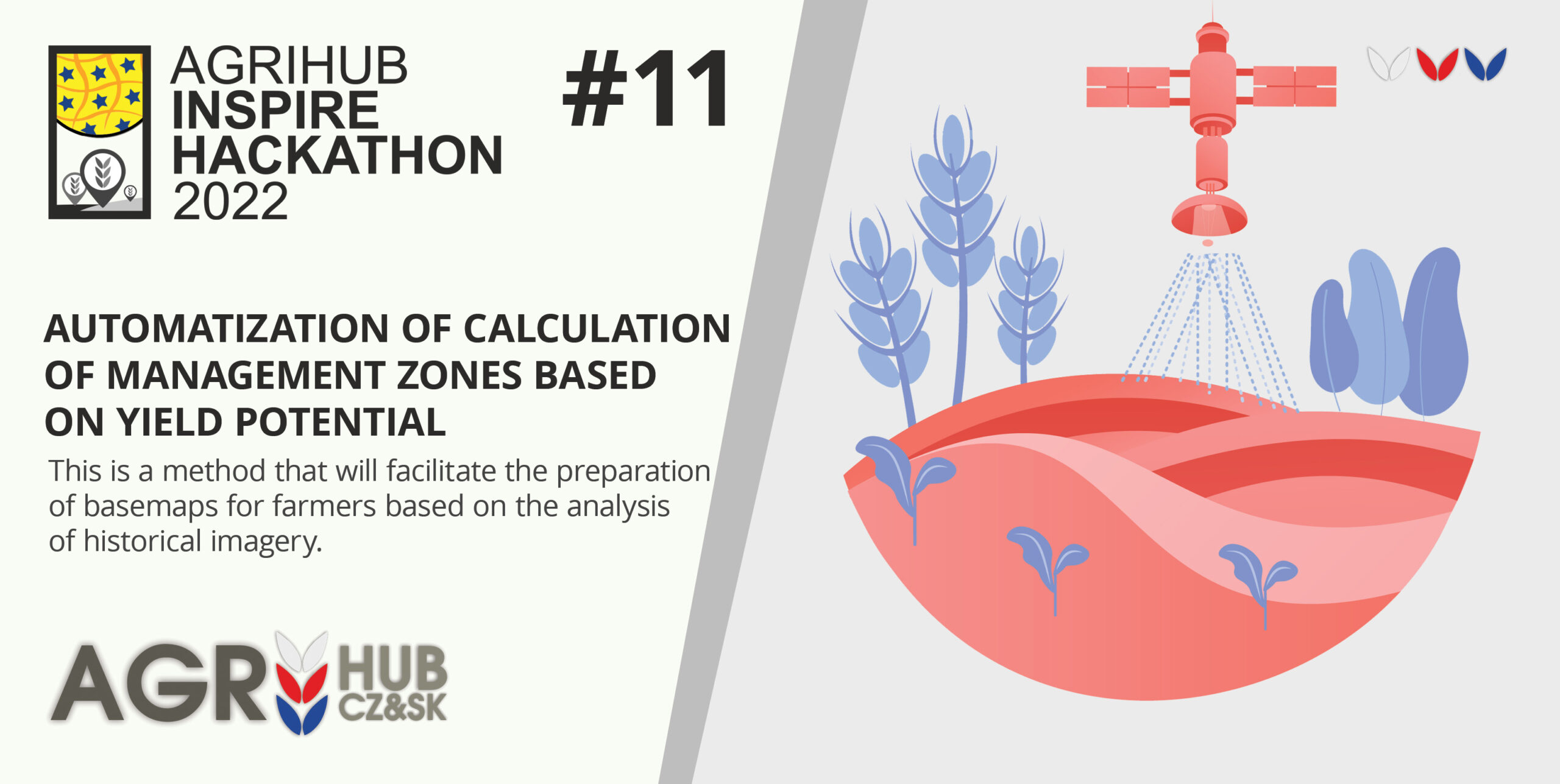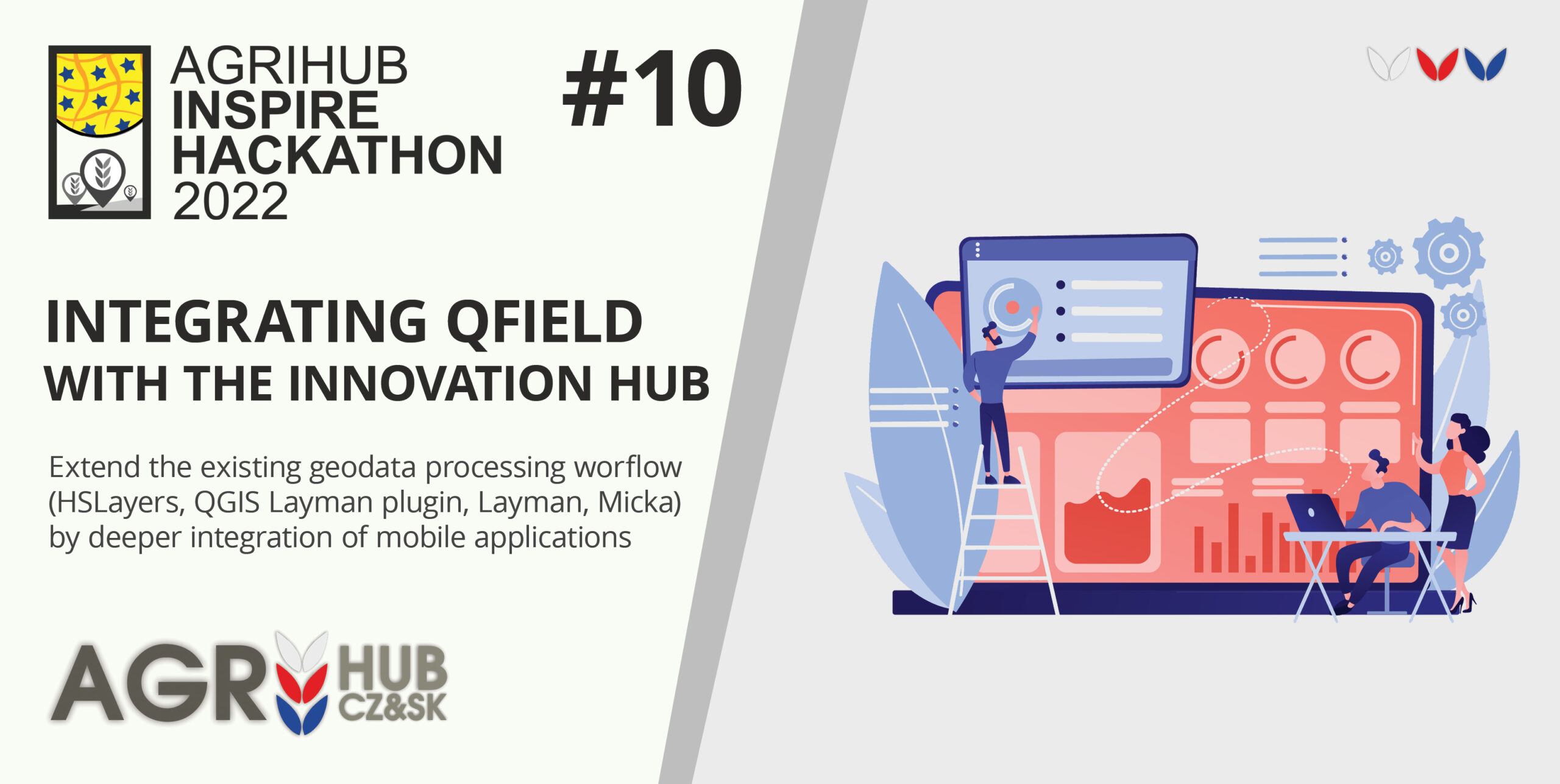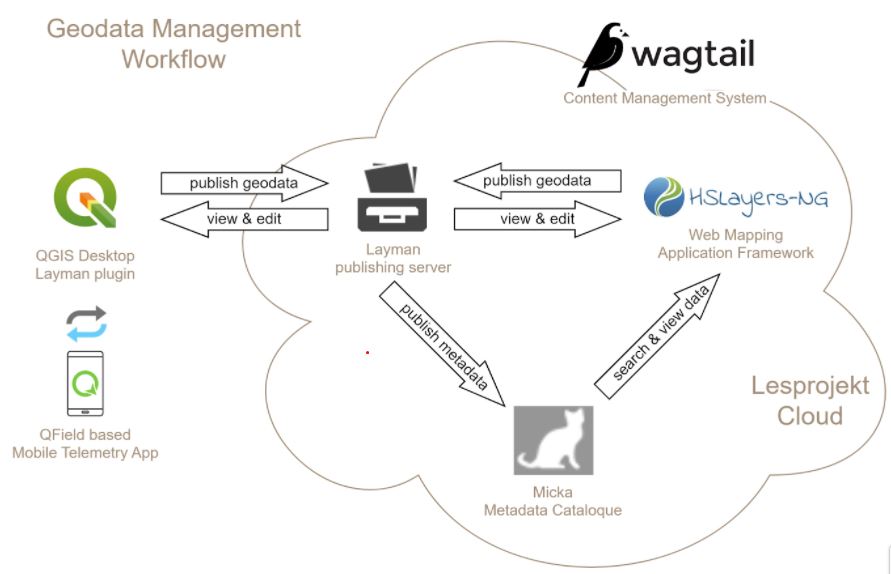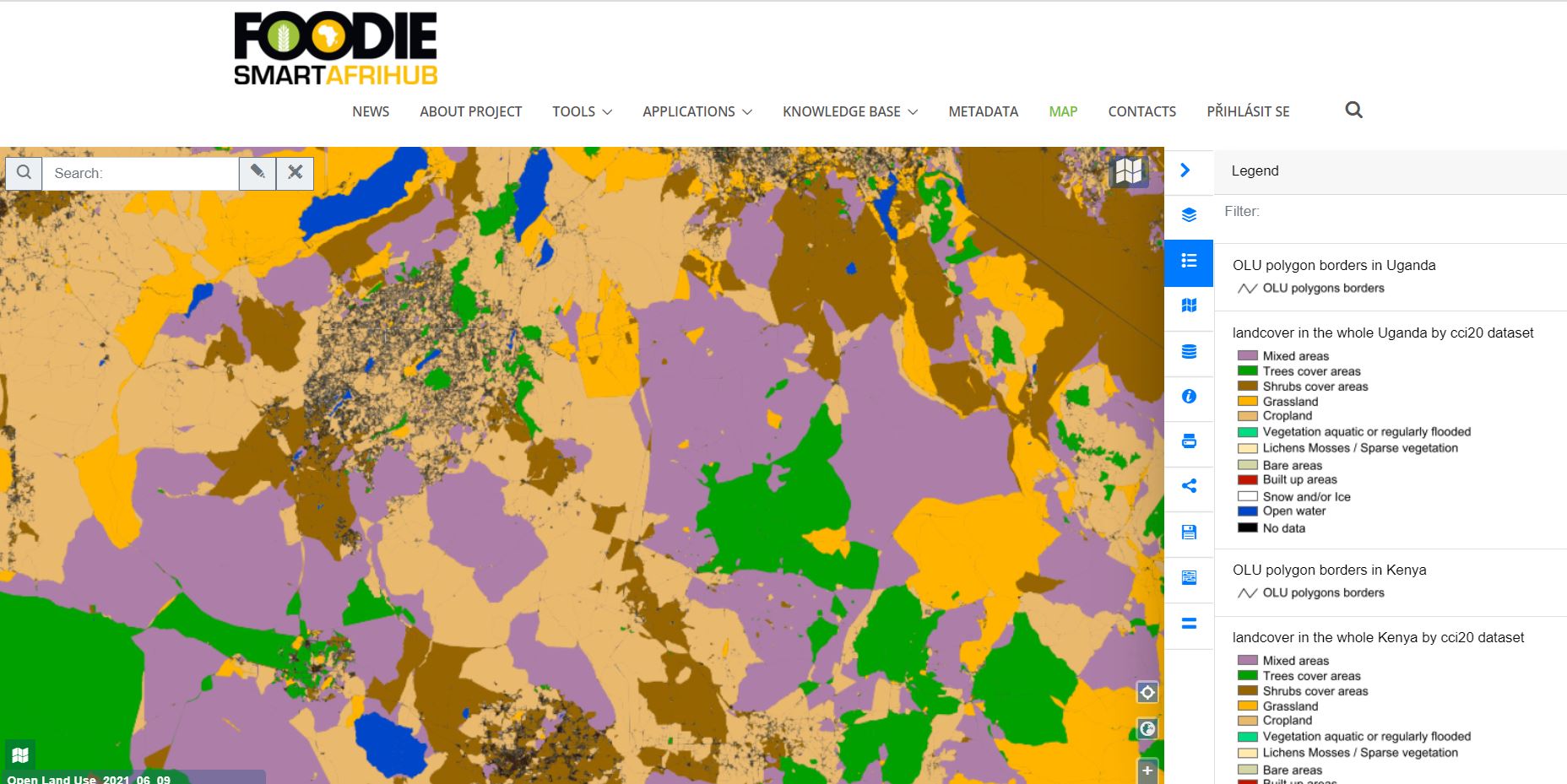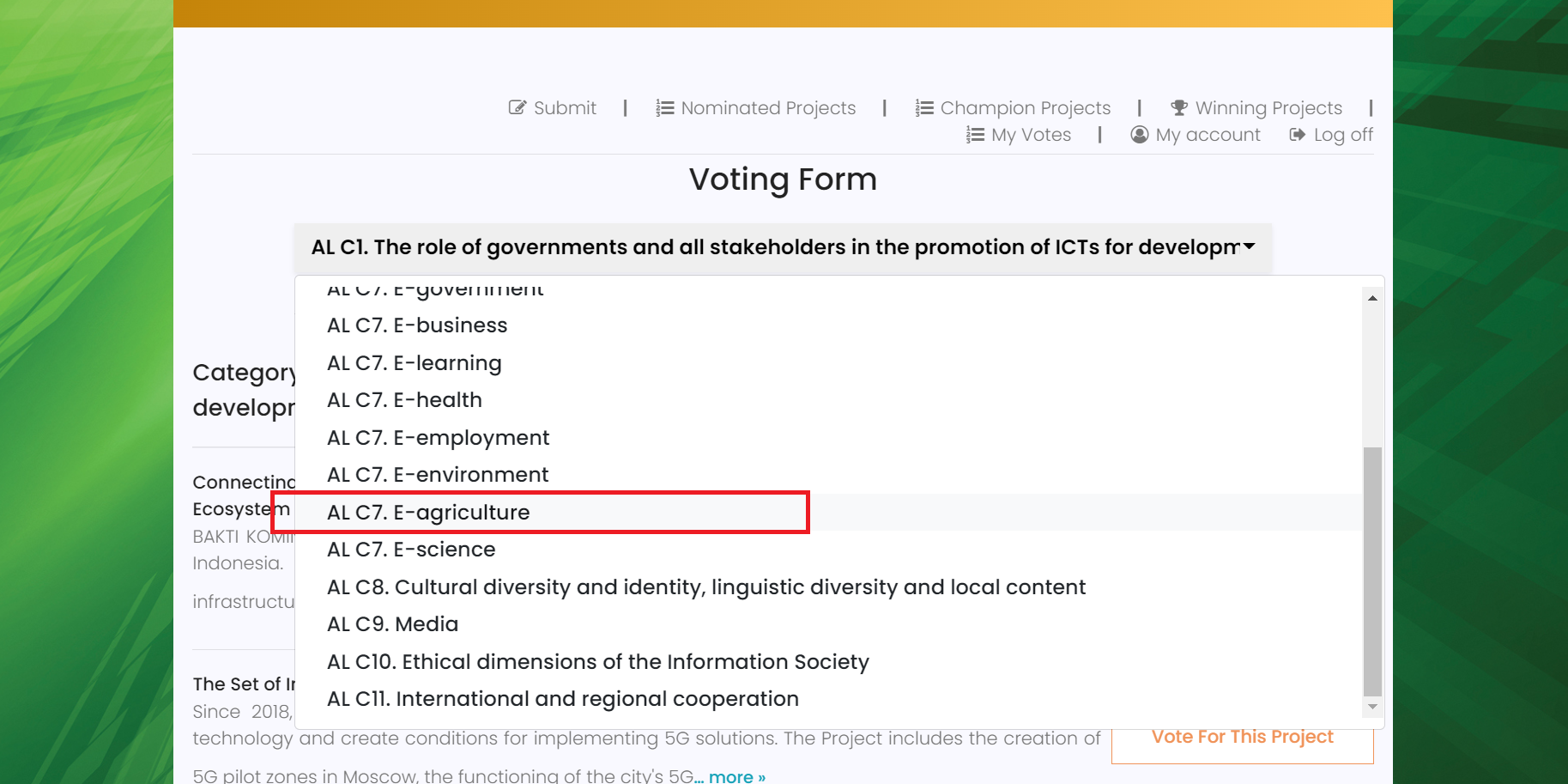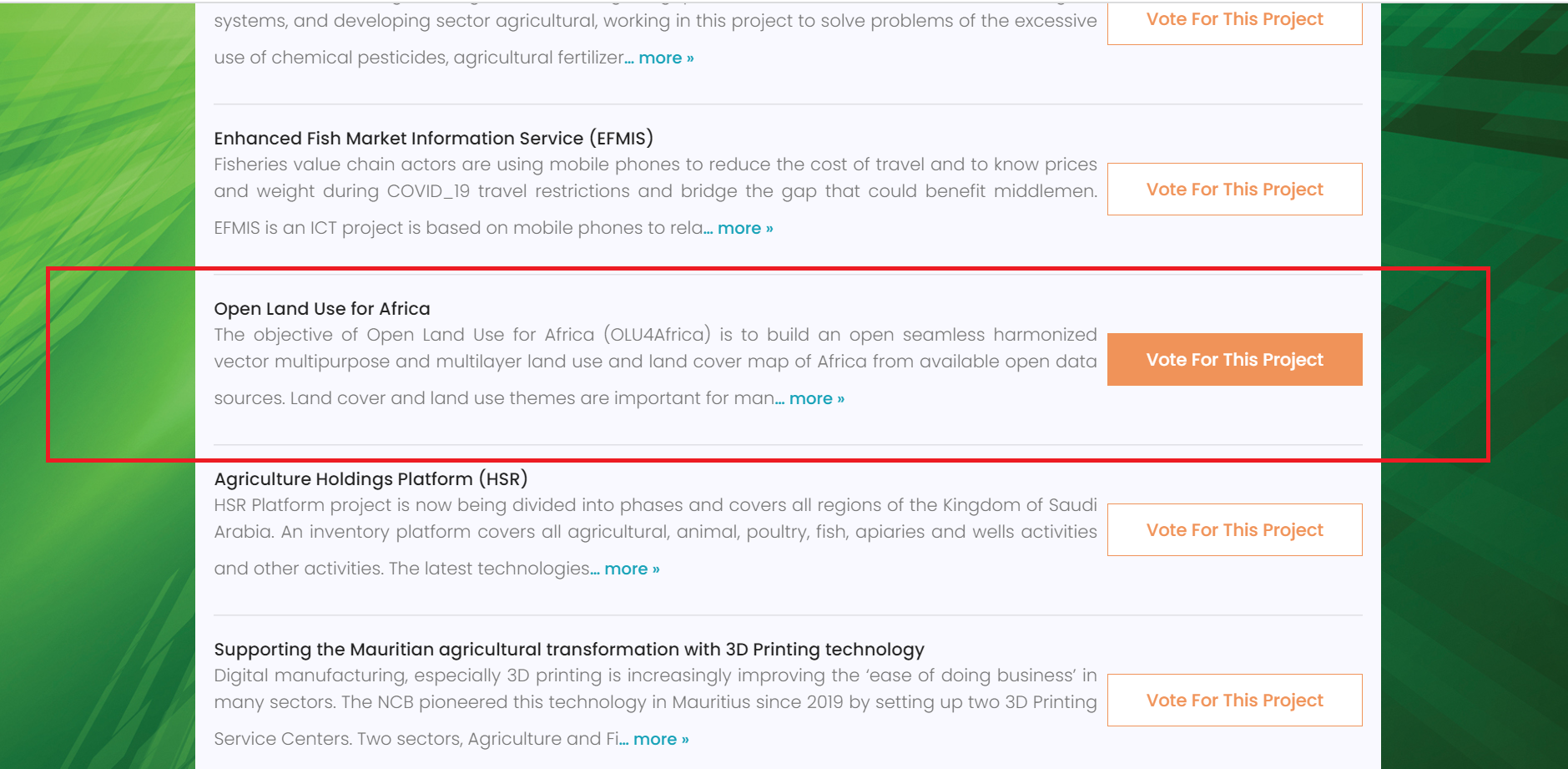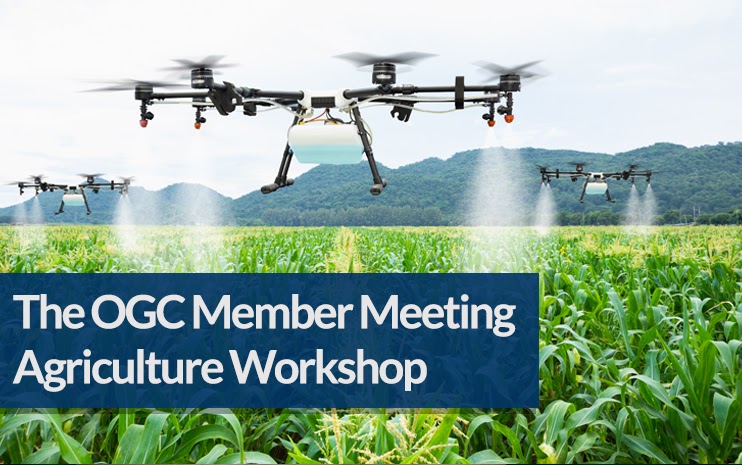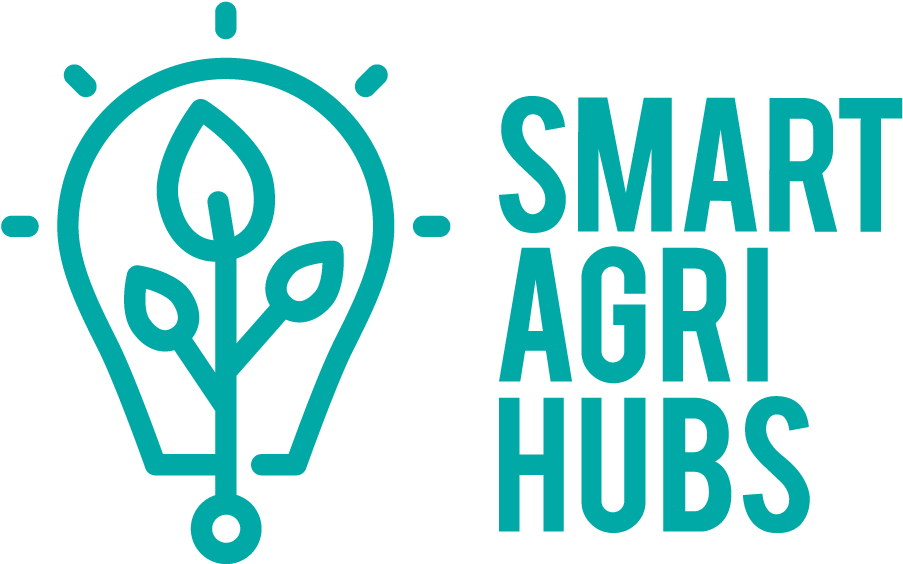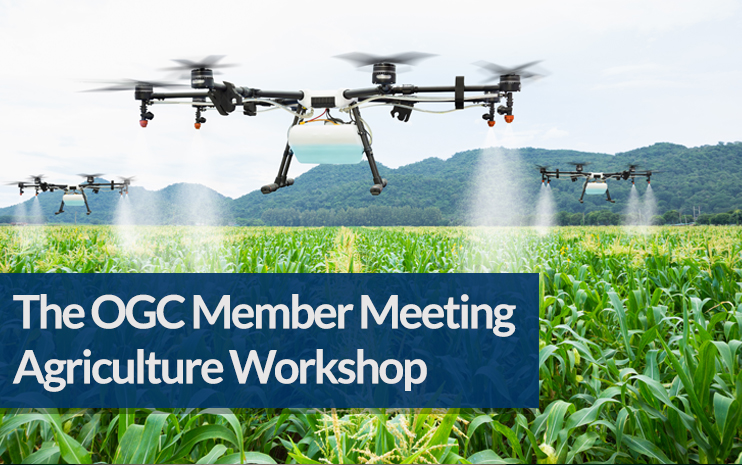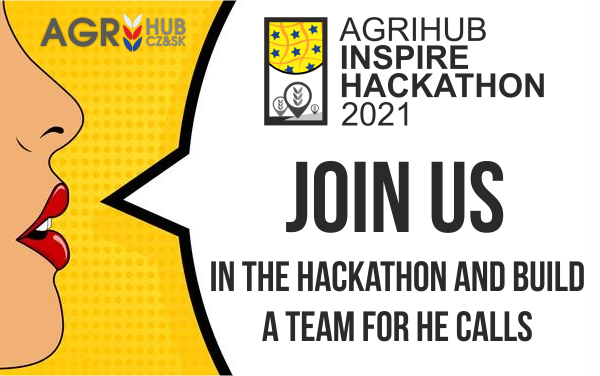MENTOR: Jana Seidlová, Heřman Šnevajs
Rapidly rising input prices are forcing farmers to save on fertilisers and use them as efficiently as possible.
 Fertilizers Price Index, 21st March 2022, source: https://ycharts.com/indicators/fertilizers_index_world_bank
Fertilizers Price Index, 21st March 2022, source: https://ycharts.com/indicators/fertilizers_index_world_bank
The most sensible response to rising fertiliser prices is precision agriculture based on variable approach to field. Replacing a uniform rate for the whole plot with a variable rate that takes account of the specific requirements of the site is of the greatest importance. Appiximately 8% of fertilizers are saved when the Variable Rate Application approach is used (a case study). Most of the machinary used by farmers is capable of applying variable rate of fertilizers automatically based on a prescription-application map.
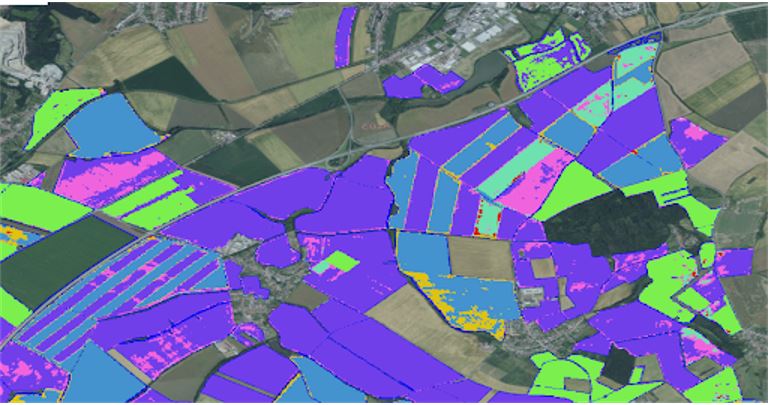 Unsupervised classification of the farm fields automatically detects field borders
Unsupervised classification of the farm fields automatically detects field borders
The first prerequisite for calculating management zones is true field boundaries. Incorrect field boundaries lead to unusable outputs. Although there is a freely available LPIS in the Czech Republic, some of the boundaries do not correspond to reality, and so multiple crops are grown on one plot. Crop detection allows the identification of plots where multiple crops are grown and their

An example of an application map, source: Variable Rate Application of Herbicides for Weed Management in Pre-and Postemergence
Application maps can be created based on vegetation indices derived from satellite imagery. Yield potential is a layer of relative index values on a plot over the last eight years. This provides resilience against single-year extremes.

Relative yield potential, source: QUO VADIS PRECISION FARMING
The missing link in the chain is the rapid process of creating management zones from the yield potential layer. The farmer then simply assigns a fertiliser rate to each zone and an application map is created.

Variable Rate Aplication based on application map, source: https://www.farmmanagement.pro/the-return-of-variable-rate/
We work with several farms, which allows us to compare research results with the real situation and apply them in practice.
The goal of this challenge is to automate the process of creating management zones from the yield potential layer, which would make variable fertilizer application significantly more affordable due to its accuracy and speed of creation.
The registration for the challenges is open! Register for this hackathon challenge HERE.

